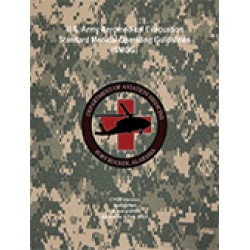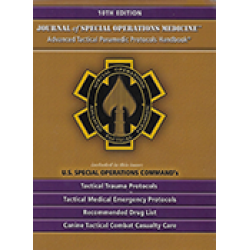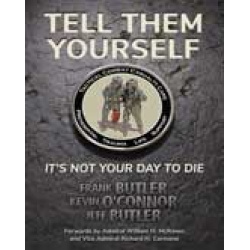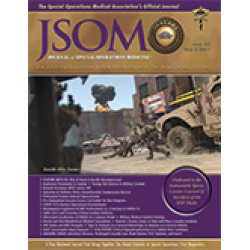Where There's a War, There's a Way: A Brief Report on Tactical Combat Casualty Care Training in a Multinational Environment
Conyers K, Gillies AB, Sibley C, McMullen C, Remley MA, Wence S, Gurney J 99(5). 105 - 108 (Journal Article)
Background: With most combat deaths occurring in prehospital settings, the US Armed Forces focuses on life-threatening conditions at or near the point of injury. Tactical Combat Casualty Care (TCCC) guidelines are required for all US Servicemembers. Multinational militaries lack this requirement, and international partner forces often have limited prehospital medical training. Methods: From November 2019 to March 2020, military members assigned to the Role 2E at the Hamid Kazai International Airport (HKIA) North Atlantic Treaty Organization (NATO) base conducted multinational TCCC training. The standardized Joint Trauma System (JTS) TCCC curriculum consisted of two-day classroom instruction and situational training exercises. Competency was assessed through verbalized and demonstrated knowledge. After Action Reviews (AAR) were completed. Results: Twelve multinational TCCC training courses trained 590 military Servicemembers and civilians from 10 countries, ranging from 16 to 62 participants (avg class size = 35). Portugal and Turkey represented the two largest participating nations with 219 and 133, respectively. Student feedback determined optimal group ratios for instruction. AARs were reviewed to categorize best practices. Conclusion: Multinational TCCC standardization will save lives. Most nations lack TCCC training requirements. Thus, providing opportunities for standardized training for HKIA residents helped established a multinational baseline of medical interoperability. Utilizing this curriculum in multinational environments can replicate these results. International adoption of TCCC is dynamic and ongoing and should be promulgated to reduce preventable deaths.


 Español
Español 



